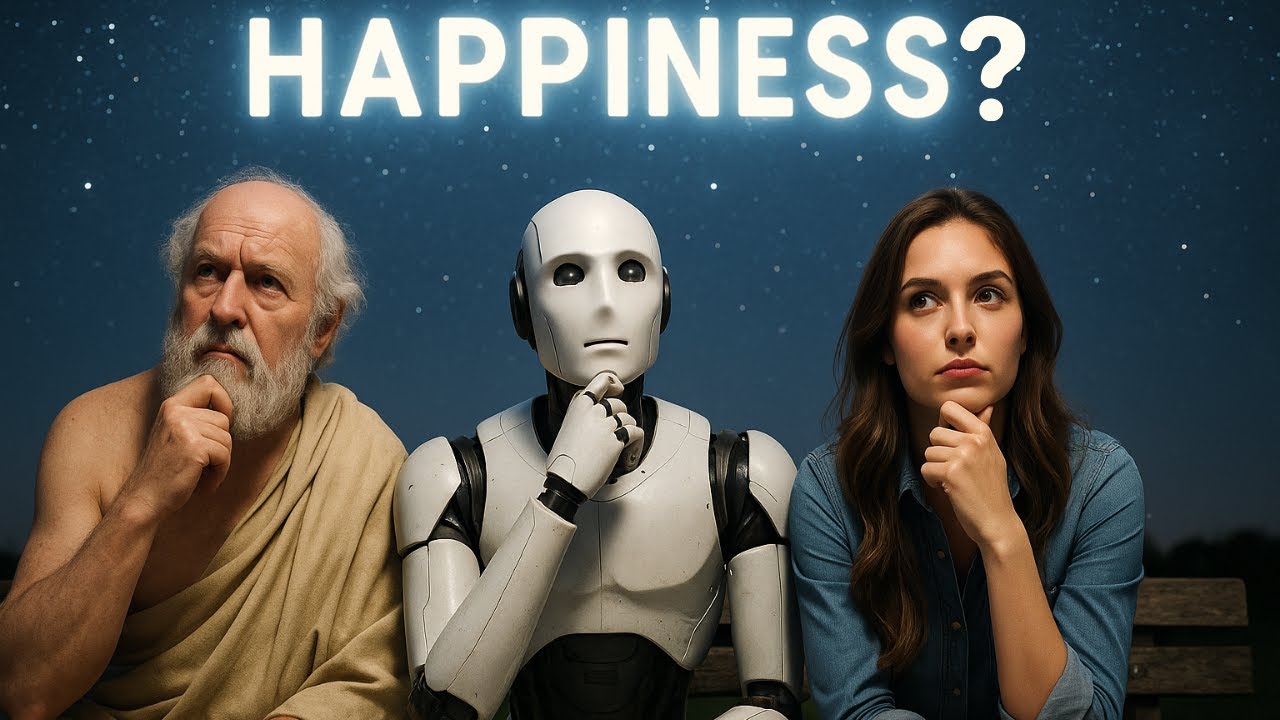Eric Weiner explores happiness through the lens of geography and culture, emphasizing that true happiness is subjective, deeply tied to relationships, community, and meaningful purpose rather than wealth or technology. He cautions that while AI and social media offer convenience, they risk undermining genuine human connection and fulfillment, urging a focus on living purposefully and cultivating trust to achieve lasting happiness.
In this insightful discussion, Eric Weiner reflects on his 2008 book, The Geography of Bliss: One Grump’s Search for the Happiest Places in the World, exploring the concept of happiness through a geographical lens. Unlike many studies that focus on the science or psychology of happiness, Weiner’s approach centers on the “where” — investigating how different environments and cultures influence happiness. Traveling to diverse countries such as Bhutan, India, Iceland, and Moldova, he sought to uncover universal lessons about happiness, emphasizing that happiness is deeply subjective and influenced by personal circumstances and surroundings.
Weiner notes that despite the passage of nearly two decades since his book’s publication, the global rankings of the happiest countries have remained relatively stable, with Nordic countries like Finland, Denmark, and Iceland consistently topping the list. He highlights that national happiness levels are slow to change, likening them to large ships that do not pivot easily. The discussion also touches on the importance of relationships, community, and trust as critical factors in happiness, while cautioning against the toxic effects of envy, which is often amplified by social media platforms.
The conversation delves into the impact of modern technology, particularly social media and artificial intelligence (AI), on happiness. Weiner expresses skepticism about these technologies, arguing that while they offer convenience and connection, they often foster superficial interactions and increase feelings of loneliness and envy. He warns that AI, by automating tasks and potentially replacing jobs, could erode people’s sense of purpose and meaning, which are essential components of a fulfilling life. Furthermore, he discusses the limitations of AI in creativity and emotional intelligence, emphasizing that true creative leaps and genuine human connection cannot be replicated by machines.
Weiner also addresses the complex relationship between money, work, and happiness. He explains the Easterlin paradox, which shows that beyond a certain income threshold, additional wealth has a diminishing impact on happiness. He stresses that meaning and purpose, often derived from work and social connections, are more important than financial gain alone. The discussion highlights concerns about the future of work in an AI-driven world, where unemployment or underemployment could lead to a loss of identity and community, challenging traditional sources of happiness.
In closing, Weiner offers a hopeful yet realistic perspective on happiness, urging people to focus on the process of living rather than fixating on outcomes or expectations. He encourages cultivating meaningful relationships, engaging in purposeful activities, and managing expectations to allow happiness to emerge naturally as a byproduct of a well-lived life. His reflections underscore that while technology and societal changes pose challenges, the fundamental human needs for connection, trust, and meaning remain central to achieving happiness.
